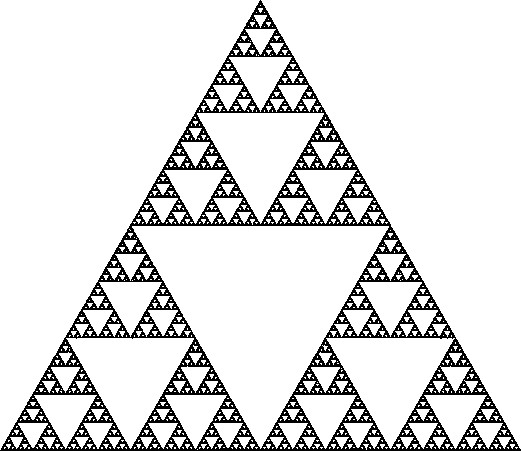1. Yes. Consider the set {0}. It is a Borel set, being a finite set (hence closed). The axiom of choice wasn't used in it's construction. I think there's a typo in your question, unless I misread something.
2. I am no guru, but I do know that if you assume AC, then there are non-(Lebesgue) measureable subsets of R. I think the best (and equivalent) thing that could be said is that if every subset of R was Lebesgue measurable, then AC couldn't possibly hold. But that is a far cry from saying that if AC doesn't hold, then all sets are Lebesgue measurable.
EDIT: I seem to recall that if the continuum hypothesis holds, then it is for sure impossible to have a translation-invariant, interval-respecting, countably additive measure on the power set of R: some set has to be non-measurable. But that's clearly not what you had in mind.
If you replace countable additivity by finite additivity, then the resulting measure is such that every subset is measurable. And if you replace countable additivity with countable sub-additivity, then the resulting measure (the outer measure) is such that every subset is measurable. But in both instances, that is not the Lebesgue measure.
EDIT the second: The rumour you heard seems to have been true:
Solovay's model "only" requires an inaccessible cardinal.



 Oh well.
Oh well.



 Unfortunately I'm too sleep deprivated at the moment to understand that wikipage. And probably it's pretty hard anyhow, since I'm not that good with logic.
Unfortunately I'm too sleep deprivated at the moment to understand that wikipage. And probably it's pretty hard anyhow, since I'm not that good with logic.

